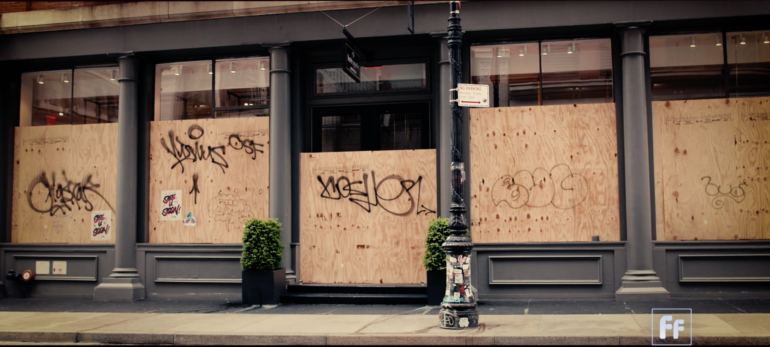The world is experiencing the worst economic downturn since the Great Depression.
“The pandemic illustrates the point that the virus knows no borders. We’re all connected,” said Yukon Huang, senior fellow of the Asian Program at the Carnegie Endowment for International Peace.
Huang argues that an economic rebound will require global cooperation to stave off further financial catastrophe. However, the United States has taken a more protectionist stance, with President Trump pulling the country out of the WHO and ending U.S. funding to the international health agency.
“The big question will be, do we go back to support for what I call a more connected world, a more globalized trade relationship?” Huang said. “Or do we still allow some of these protectionist policies to flourish and continue?”
Much of the world is watching China for signs of how economic recovery is going there as a potential harbinger for other countries.
Economist David Dollar says Chinese local governments are hanging out “consumption coupons” as one form of economic stimulus.
“So in various ways, we’ll see more fiscal stimulus and that’s probably what the Chinese economy needs,” said Dollar, a senior fellow at the Brookings Institution.
In his book China 2049: Economic Challenges of a Rising Superpower, Dollar and co-authors at Peking University argue that China needs more of a social safety net.
“You’ve got people who are disabled, people in extraordinarily remote locations, not connected to markets. You really need the social safety net rather than just broad growth,” Dollar said. “ So I think this pandemic makes that whole social agenda of strengthening the safety net more important than ever before.”
Around the world, once-bustling cities ground to a near halt. New York City was a hotspot for coronavirus cases in the United States. From restaurants to Wall Street, businesses are starting the difficult road to economic recovery.
“I think New York is going to change; 75 percent of the restaurant industry is going to fail,” said chef Nasser Jaber. “So you’re talking about a lot of culture being canceled. A lot of pop and mom shops are going to lose business. But I think to me, the most important things is how can we inject more equality?”
 CGTN America
CGTN America
